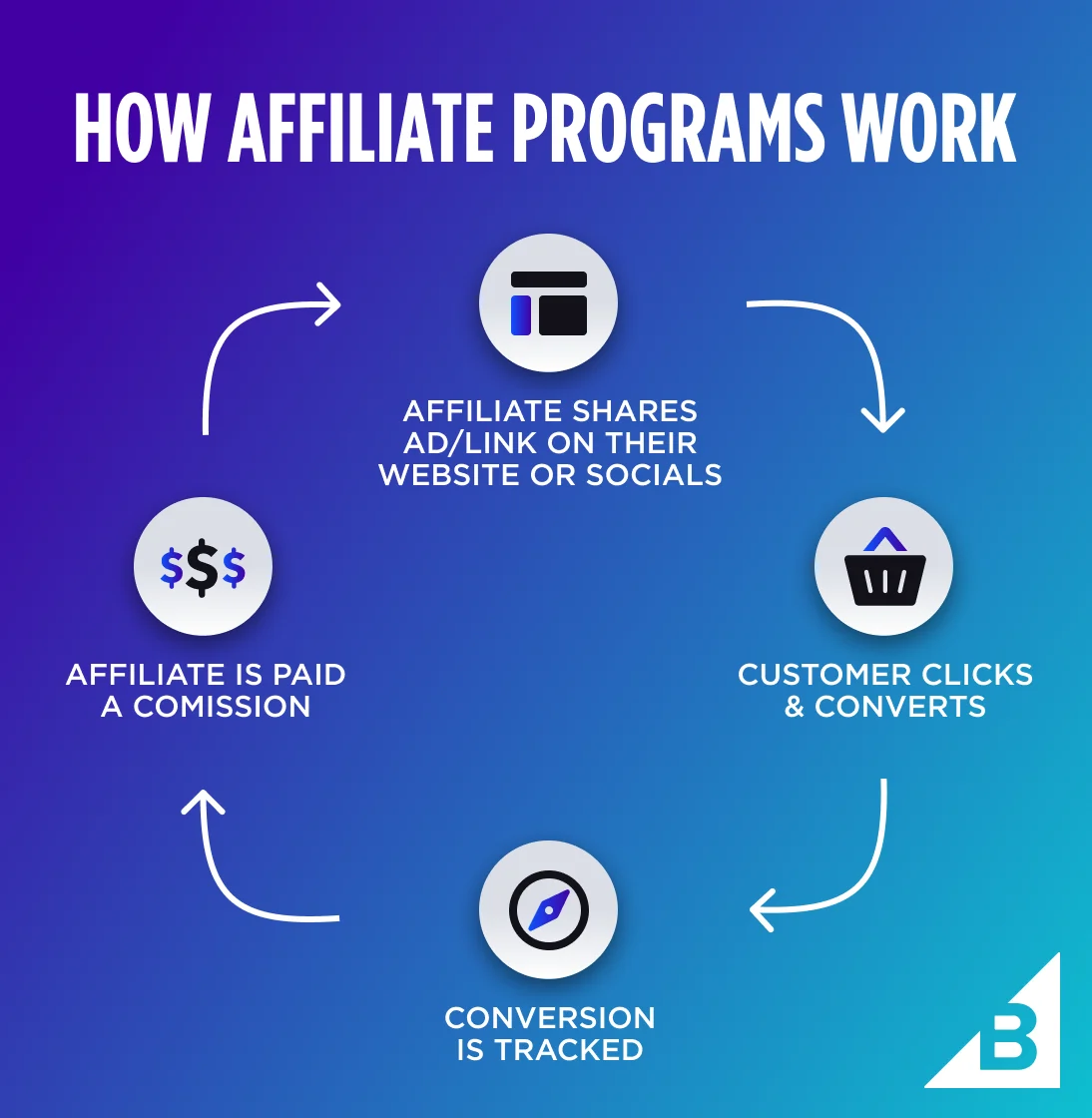Prompt: Analyze the provided text on affiliate marketing and suggest improvements.
Analysis and Suggestions:
The provided text offers a clear and concise explanation of the three key parties involved in affiliate marketing. However, there are a few areas where it could be improved:

1. Clarify the Role of the Affiliate:
- Expand on Affiliate Marketing Strategies: While the text mentions various channels (social media, blogs, YouTube), it could delve deeper into specific affiliate marketing strategies like:
- Influencer Marketing: Collaborating with influencers to promote products.
- Content Marketing: Creating high-quality content (blog posts, articles, videos) to attract and engage an audience.
- Email Marketing: Building an email list and sending targeted promotions.
- Paid Advertising: Using paid advertising platforms like Google Ads and social media ads to drive traffic.
- Highlight the Importance of Affiliate Programs: Explain how affiliate programs offer a mutually beneficial partnership between sellers and affiliates.
2. Emphasize Ethical Considerations:
- Transparency and Disclosure: Reinforce the importance of clear and transparent disclosure of affiliate relationships. Provide specific examples of how to do this effectively.
- Consumer Trust: Discuss the significance of building trust with the audience. Highlight the negative consequences of misleading or deceptive practices.
3. Address Potential Challenges:
- Tracking and Attribution: Briefly explain the complexities of tracking sales and attributing them to the correct affiliate.
- Payment and Commission Structures: Touch on different payment models (CPA, CPS, CPL, etc.) and how they can impact affiliate earnings.
Revised Text (Example):
How Affiliate Marketing Works: A Breakdown
Affiliate marketing is a performance-based marketing strategy that connects businesses with individuals or companies who promote their products or services. This collaborative approach benefits all parties involved: the seller, the affiliate, and the consumer.
The Three Key Players:
-
The Seller:
- A business or individual who creates or sells products or services.
- May be a small online store, a large corporation, or even a solopreneur.
- Leverages affiliates to expand their reach and increase sales.
-
The Affiliate:
- An individual or company that promotes the seller's products or services.
- Can be a blogger, YouTuber, influencer, or a dedicated affiliate marketer.
- Earns a commission for each sale or lead generated through their marketing efforts.
- Common Affiliate Marketing Strategies:
- Influencer Marketing: Partnering with influencers to promote products.
- Content Marketing: Creating high-quality content to attract and engage an audience.
- Email Marketing: Building an email list and sending targeted promotions.
- Paid Advertising: Using paid advertising platforms to drive traffic.
-
The Consumer:
- The end-user who purchases the product or service.
- Benefits from discovering new products and potentially getting exclusive deals or discounts.
- Plays a crucial role in the affiliate marketing ecosystem.
Ethical Considerations:
- Transparency: Always disclose affiliate relationships clearly and conspicuously.
- Consumer Trust: Prioritize building trust with your audience by providing honest and unbiased reviews.
- Compliance: Adhere to all relevant laws and regulations, including FTC guidelines.
Challenges and Opportunities:
- Tracking and Attribution: Accurately tracking sales and attributing them to the correct affiliate can be complex.
- Payment and Commission Structures: Different payment models (CPA, CPS, CPL, etc.) offer varying levels of compensation.
By understanding the dynamics between these three parties and adhering to ethical principles, affiliate marketing can be a powerful tool for both businesses and individuals.




0 comments:
Post a Comment